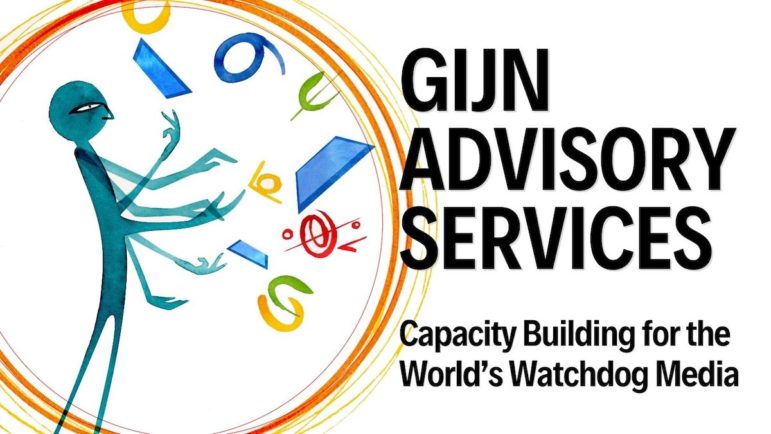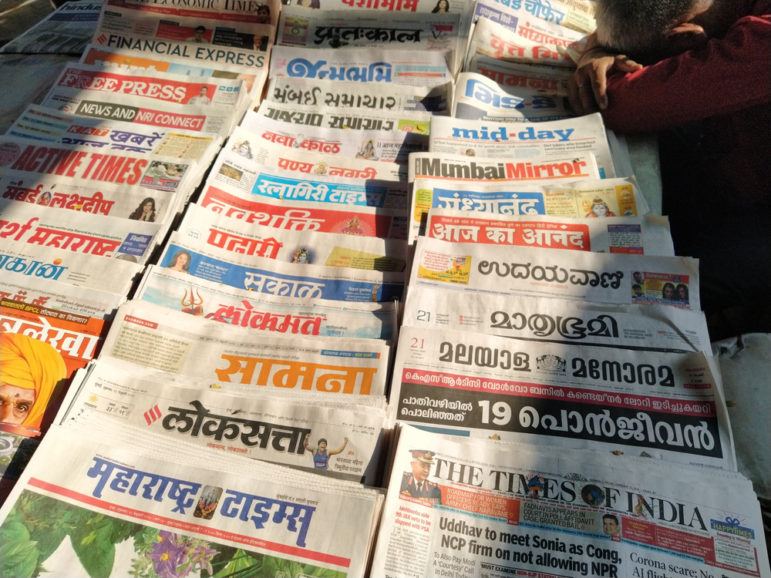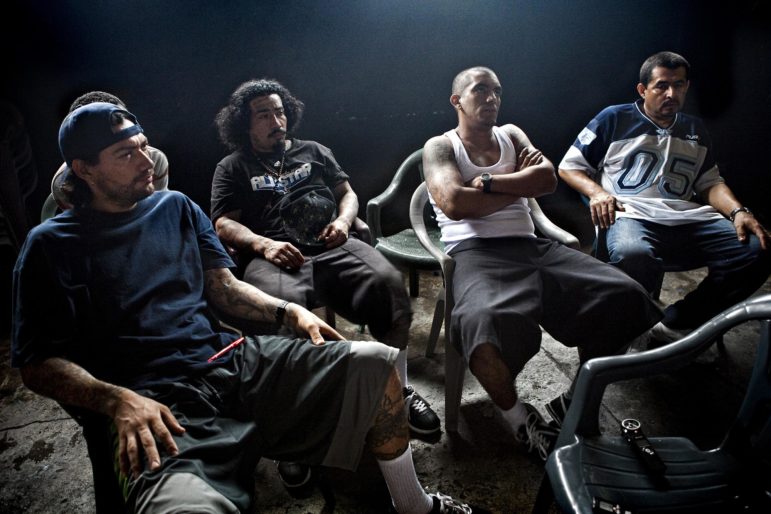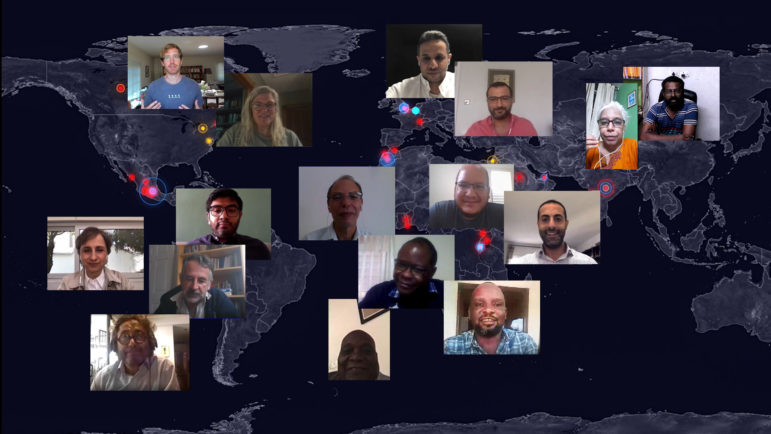
Sustainability
GIJN Selects Three Media Organizations for Watchdog Capacity-Building
The Global Investigative Journalism Network is delighted to announce the selection of three Asian media organizations as participants in our new Investigative Journalism Assessment Program (IJ-MAP): The Caravan magazine in India, the KBR radio network in Indonesia; and the nonprofit Philippine Center for Investigative Journalism.









